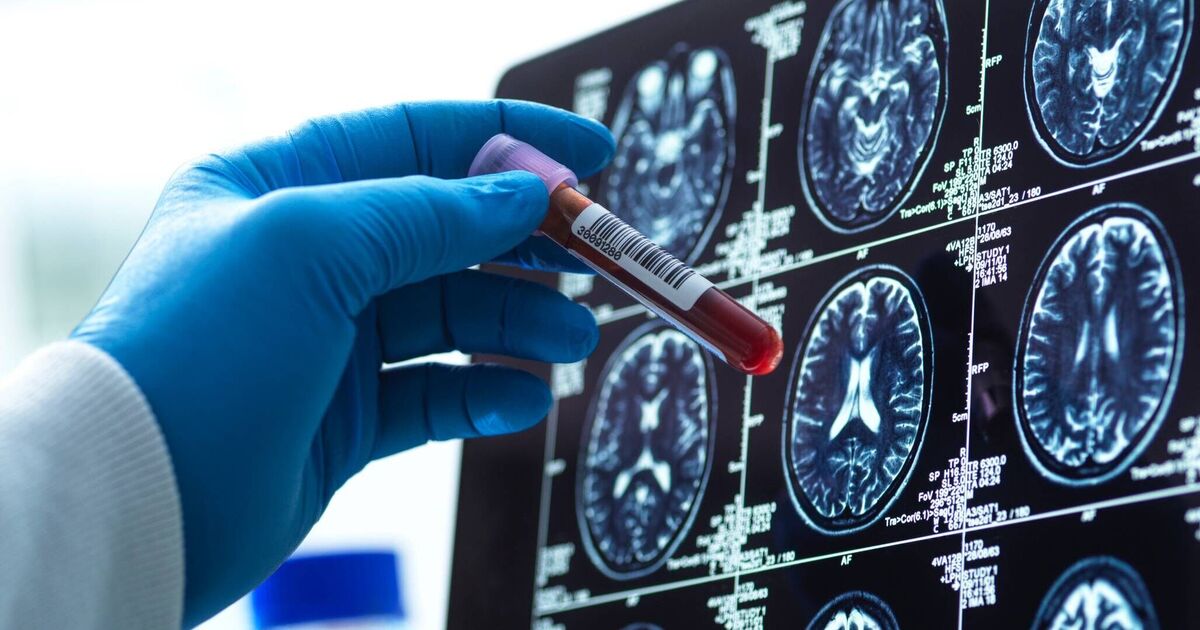New Alzheimer's Blood Test Shows High Early Detection Precision

New research from the Mayo Clinic in the US has presented compelling evidence for a blood test capable of accurately detecting early symptoms of Alzheimer’s disease. This development marks a significant step forward in dementia diagnosis, offering a less invasive and more accessible alternative to current methods. The findings, published in the Alzheimer’s and Dementia journal, highlight the test's ability to identify key biomarkers associated with the disease by examining two proteins in the plasma: amyloid beta 42/40 and p-tau217, which are associated with the formation of amyloid plaques, a major sign of Alzheimer’s.
The researchers reported that the blood test demonstrated a remarkable 95% sensitivity rate in a study involving over 500 subjects from an outpatient memory clinic, indicating high effectiveness in detecting those with cognitive impairments with very few missed cases. The test also showed an 82% specificity rate, successfully ruling out dementia in individuals without the condition. This data, reflective of real-world scenarios, contributed to the test being endorsed by the Food and Drug Administration (FDA) in the US.
Dr. Gregg Day, the lead researcher, acclaimed the blood test as being on par with more intrusive diagnostic methods currently used. “Our study found that blood testing affirmed the diagnosis of Alzheimer’s disease with 95% sensitivity and 82% specificity,” he confirmed. Researchers discovered that p-tau217 levels were significantly higher in patients with Alzheimer’s disease compared to those without. Dr. Day added, “When performed in the outpatient clinical setting, this is similar to the accuracy of cerebrospinal fluid biomarkers of the disease and is much more convenient and cost-effective.” The next stages of research will involve evaluating blood-based tests in a broader range of patient groups, including those with early Alzheimer’s who do not display any cognitive symptoms.
The significance of this advancement is underscored by the growing public health challenge posed by dementia. In the UK, it is estimated that 982,000 individuals are living with dementia, and this number is expected to increase to 1.4 million by 2040. Current diagnostic options in the UK are often slow, expensive, and can be invasive, meaning thousands may miss out on the benefits an early and accurate diagnosis can bring.
Dr. Richard Oakley, Associate Director for Research and Innovation at the Alzheimer’s Society in the UK, noted that the findings suggest this test is highly accurate and may be used in conjunction with other assessments and clinical observations. “This study shows how blood tests are making diagnosis of Alzheimer’s disease quicker, easier and more accessible than ever before in a real-world setting,” he stated. He also highlighted the Blood Biomarker Challenge, a multi-million pound research endeavour supported by the Alzheimer’s Society, Alzheimer’s Research UK, and the National Institute for Health and Care Research, which aims to roll out blood tests for dementia diagnosis within the NHS by 2029. “Blood tests will be critical to accelerate diagnosis and give more people access to the care, support and treatments they desperately need faster than ever before,” Dr. Oakley emphasized.
Dr. Julia Dudley, head of research at Alzheimer’s Research UK, also commented on the breakthrough. She said, “This study adds to the growing evidence that blood tests can detect the diseases that cause dementia in people with early memory and thinking problems.” However, Dr. Dudley stressed the need for further investigation into the efficacy of these blood tests under real-world circumstances and in diverse populations, as research participants don’t always reflect the full diversity of those affected by dementia. “That is why work is needed to understand whether these blood tests work in a real-world setting. In the UK, studies like the Blood Biomarker Challenge are helping to build this evidence,” she explained.
Alzheimer’s disease is a primary cause of dementia in the UK, characterized by a steady degeneration of brain capabilities, which impacts memory, thought processes, and other mental faculties. While the precise origins of Alzheimer’s are not fully understood, it is recognized that several risk factors may contribute to its development. The NHS highlights that the first sign is usually minor memory problems, such as forgetting recent conversations or events, and names of places and objects. As the condition develops, memory problems become more severe, and further symptoms can emerge, including confusion, disorientation, difficulty planning or making decisions, problems with speech and language, issues with mobility or self-care, personality changes like aggression or suspicion, hallucinations, and low mood or anxiety. The disease is attributed to an unusual accumulation of proteins near and within brain cells; amyloid protein forms plaques around brain cells, and another protein called tau causes tangles to form inside them. This process is thought to begin years before any symptoms are observed.










